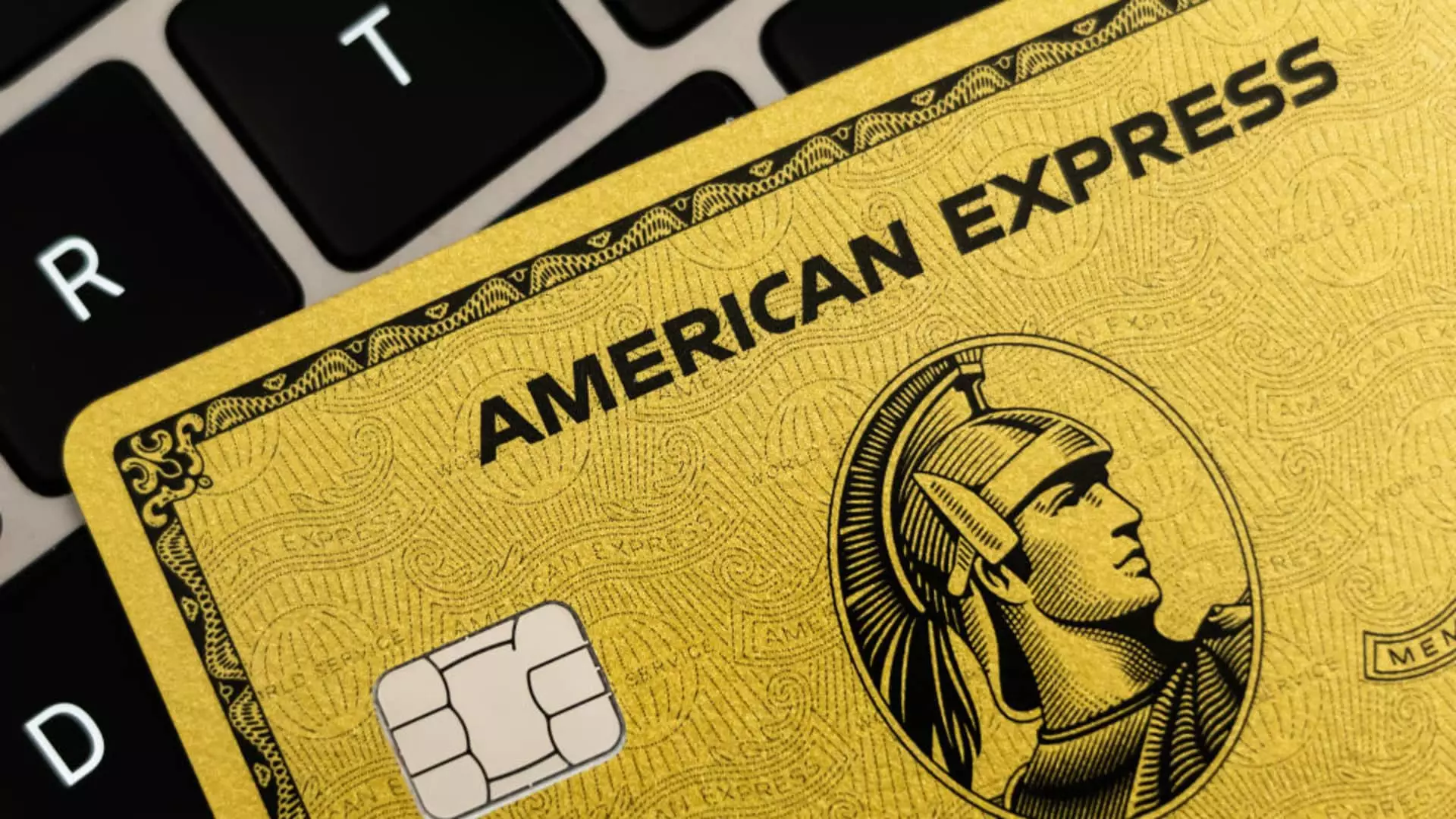The financial services giant American Express has recently agreed to a staggering $230 million settlement to resolve allegations surrounding wire fraud and deceptive marketing practices. This hefty amount stems from separate investigations led by the U.S. Attorney’s Office and the Department of Justice (DOJ), demonstrating a serious breach of trust between the company and its customers, particularly small and mid-sized businesses.
The breakdown of the settlement includes approximately $138 million from a non-prosecution agreement with the U.S. Attorney’s Office in Brooklyn, stemming from accusations that American Express provided inaccurate tax advice related to its wire products. The additional $108.7 million resolves civil claims citing deceptive credit card marketing practices toward small businesses. The company has expressed its commitment to resolving these issues amicably while avoiding a protracted legal battle.
The allegations are alarming, revealing a pattern of misleading marketing that severely impacts consumers. It has now come to light that American Express promoted its wire services, namely Payroll Rewards and Premium Wire, as tools for tax savings during 2018 and 2019. Simply put, the promises made regarding tax deductions for wiring fees were misleading and based on erroneous financial advice. Prosecutors claimed that customers were falsely assured these expenses could be fully deducted as business-related costs.
The legal ramifications intensified when it was revealed that the company utilized various deceptive marketing strategies that spanned a significant period. The targeted small businesses were informed that “Membership Reward” points could be accrued without tax implications—an enticing pitch that sadly misrepresented the realities of their financial commitments. According to authorities, the asserted deductions were questionable, and such practices blurred the line between aggressive marketing and outright fraud.
The investigation prompted American Express to conduct an internal audit, culminating in the termination of roughly 200 employees in early 2021. By the end of that same year, the two wire products were withdrawn from the market entirely. This indicates not only a glaring oversight in corporate governance but also a possible lack of adequate internal control mechanisms to monitor marketing practices effectively.
The impact of these allegations is particularly damaging for the small and mid-sized businesses that relied on American Express’s assurances. The misleading information potentially led many companies to incur unnecessary debt, expecting business expenses that would provide tax breaks, only to discover these assurances were unfounded. The culture of promoting products irrespective of their actual benefits reflects a deeper issue at play—one that jeopardizes the integrity of financial services and undermines consumer confidence.
In another dimension of wrongdoing, the DOJ revealed that American Express engaged in questionable practices from 2014 to 2017 regarding its credit card offerings. Allegations included misrepresentations about credit card rewards, unethical credit checks, and even providing fraudulent information when applying for cards on behalf of small businesses. This behavior raises significant ethical issues, particularly concerning the company’s responsibility to ensure transparency in its financial services.
As they move to settle these allegations, American Express does not admit wrongdoing regarding any of the claims, including those alleging misuse of taxpayer identification numbers (EINs). While the company’s decision to resolve the issues may mitigate further legal ramifications in the short run, it does not absolve them of the moral obligation to uphold transparency and trust with their clients.
The American Express case serves as a stark reminder of the vital importance of ethical marketing in financial services. Companies are not just driven by profit; they hold the responsibility of providing accurate information to their customers, effectively enabling them to make informed financial decisions. It remains to be seen how American Express will rebuild its reputation after this notable financial setback, but the fallout from such a misleading campaign will likely linger in the minds of consumers for some time.

